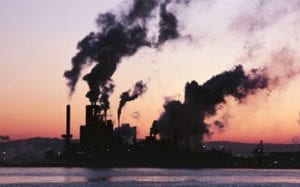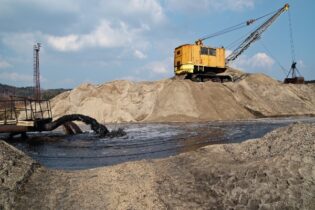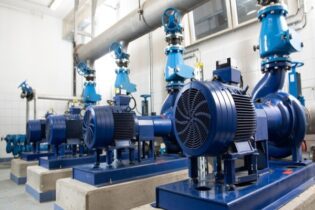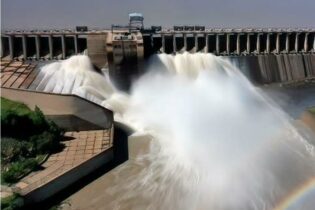On the 5th of June each year, the United Nations hosts World Environment Day, which is used to bring global awareness to severe environmental issues that require urgent political action.
This year is especially significant for South Africa, where air pollution from coal-fired power stations kills more than 2 200 people every year. The theme for the 2019 United Nation’s annual World Environmental Day is “Beat Air Pollution” and aims to draw attention to the silent killer around us. According to recent data from the World Health Organization, more than 7 million people die from air pollution, globally, every year. This includes more than 1.7 million child deaths every year, worldwide. A 2017 report by UK-based air quality and health expert, Dr Mike Holland, found that air pollution from Eskom coal-fired power stations kills more than 2,200 South Africans every year, and causes thousands of cases of bronchitis and asthma in adults and children annually.“This costs the country more than R34 billion annually, through hospital admissions and lost working days,” says Bobby Peek, Director of environmental justice group groundWork.
The study made the following findings:
- 2 239 deaths per year: 157 from lung cancer; 1 110 from ischaemic heart disease; 73 from chronic obstructive pulmonary disease;719 from strokes; and 180 from lower respiratory infection
- 2 781 cases of chronic bronchitis per year in adults
- 9 533 cases of bronchitis per year in children aged 6 to 12
- 2 379 hospital admissions per year
- 3 972 902 days of restricted activity per year
- 94 680 days of asthma symptoms per year in children aged 5 to 19
- 996 628 lost working days per year







